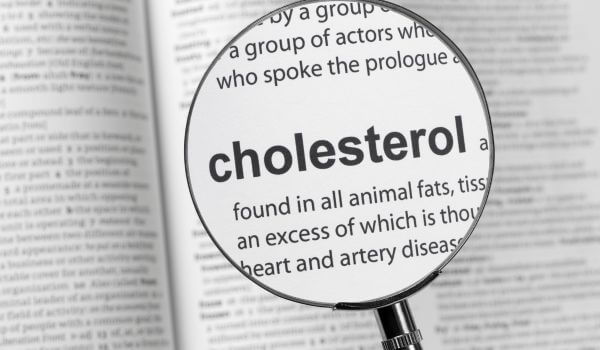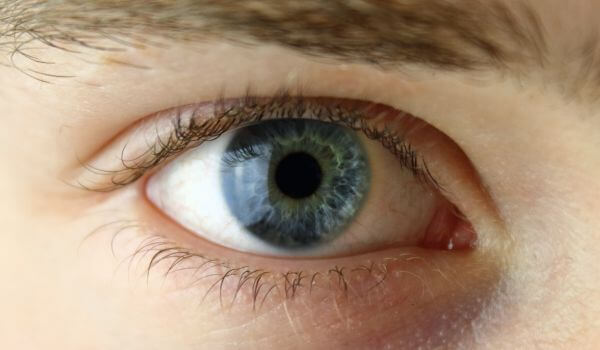Kidneys and Alcohol as we age….what a topic! When we’re young, many of us are counting down the days until we can legally buy our own alcohol. And yet as we age, we begin to see that drinking alcohol isn’t as simple or easy on our bodies as it once was.
One of the main problems with alcohol is the effect it can have on your kidneys, but there are many more issues which we’ll get into.
Kidneys and alcohol
Our kidneys have a very important role to play. They are responsible for water intake and outtake. They produce vital hormones and also balance the amount of minerals in the body.
Alcohol has been shown to be a contributing factor to kidney disease when consumed in unhealthy amounts. Drinking in moderation is not a problem and may even provide some health benefits. Small amounts of alcohol can easily be removed from the blood by our kidneys. But too much alcohol stops them doing their job, making them unable to purify the blood of alcohol content. When drinking is excessive, the kidneys are unable to filter out toxins. Additionally, when the kidneys are not working properly, your body can’t keep the right amount of water.
Kidney disease has many other causes that aren’t necessarily related to alcohol. But there is no denying that alcoholism contributes towards the development of the disease.
The risk of kidney damage from alcohol increases as we age since our body finds it harder to break down alcohol and remove it from the body.
How do you define excessive drinking? A man who drinks more than 14 times a week, and a woman who drinks more than 7 times a week, doubles their risk of developing kidney disease.
Alcohol and ageing
Your kidneys aren’t the only organs affected due to excessive alcohol consumption.
As we age, our bodies break alcohol down more slowly. This means that our bodies are more sensitive to the effects of alcohol and has a harder time filtering out of the body.
Alcohol can affect bad cholesterol levels as we age, which can in turn cause high blood pressure. As a result, your heart is at risk. It can worsen existing heart problems or increase the likelihood of a stroke.
Another factor is dehydration. Older people don’t feel thirst as much as younger people do. Since alcohol dehydrates us, older people might not notice when they are dehydrated. They could already be a bit dehydrated to start with, and drinking alcohol in an attempt to quench thirst would make the problem worse.
Our immune systems aren’t as strong as we age. Since alcohol affects our whole body, it can cause one health problem after the other. Our bodies are less equipped to fight life-threatening illnesses such as pneumonia when our immune systems are weak.
Our brains also have a different response to alcohol as we get older. As such, it affects our brain quicker than it did when we were younger. As a result of this change and many other changes our body goes through when we age, our bodies have less tolerance for alcohol. Heavy drinking over time can shrink brain cells and cause certain types of dementia.
As we age, our skin gets drier and thinner. Alcohol dehydrates your body and your skin, and therefore quickens up the ageing process.
Even moderate drinking can cause damage to the liver and cause fatty liver disease. In doing so, this adds to the kidneys’ job.
It’s important to stay well hydrated if you know you are going to have a drink. Drink plenty of non-alcoholic fluids and go easy on your body.
Alcohol and medication
It’s important to be careful when it comes to alcohol and medication – at all ages! Alcohol shouldn’t be consumed when on certain prescription medications. Always check with your doctor to see if what you’re taking is an issue. Alcohol can change how your meds work and cause serious side effects. Even taking aspirin and drinking alcohol can raise your chances of internal bleeding or stomach problems.
















